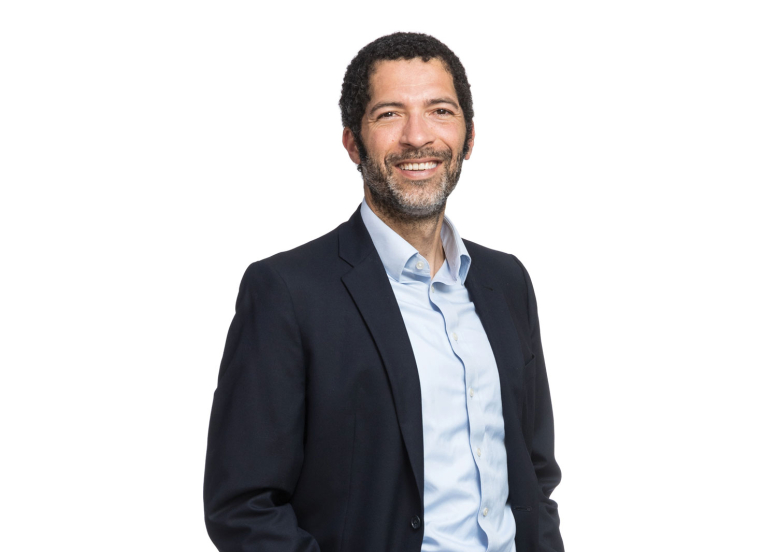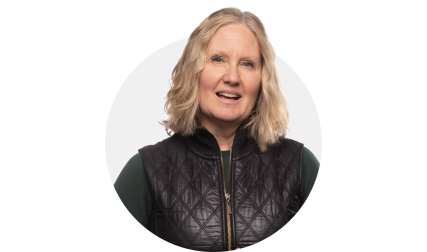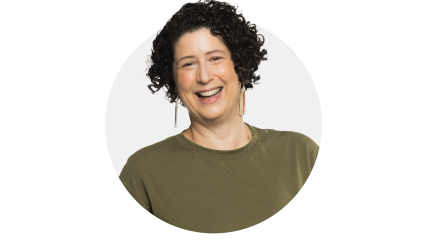Can you explain the purpose of your new role in the president’s office?
Trying to provide advice to Dartmouth leadership about how Dartmouth can do better to serve students, faculty, and staff of color. I don’t have decision-making power. Part of my job is to convey a sense of urgency and possibility to leadership, to push them to do things they might not normally be comfortable doing.
What’s your most important goal?
Increasing the number and success of faculty of color on campus.
What are the current numbers on that front?
The number of Black faculty has remained around 3 percent for nearly two decades. The College is much more diverse at the undergraduate level than it was two decades ago. The faculty hasn’t kept pace, and that poses a problem because a lot of students of color turn to faculty of color as mentors, as advisors, and that places a tremendous amount of pressure on those faculty. I think burnout is a real issue.
How do other Ivy schools compare?
Dartmouth has a national reputation, earned or unearned, as a particularly white space among the Ivies. More so than Columbia, Penn, even Harvard, it’s seen as a very kind of white, country clubish college. On the faculty side, none of the Ivies are doing very well. I really think that if Dartmouth were to commit to this seriously, in five to seven years we could be the leader among Ivies. We’re a small enough institution that making real commitments to this can move the needle very quickly.
What do you think of the College’s goal to have 25-percent minority faculty by 2025?
I don’t think that’s a super-ambitious goal. If we just keep doing business as usual, we’re not going to get there.
How do you respond to people who claim racism is not an issue on campus?
Listen to members of our community to understand how the Dartmouth experience is different for different people. I think this is true for students, it’s true for faculty, for staff, it’s true for queer or disabled members of the community. There are plenty of people whose identity shapes their lived experience of Dartmouth, and I think if we are serious about creating an inclusive community, we have to be willing to listen to the lived experience of being here.




